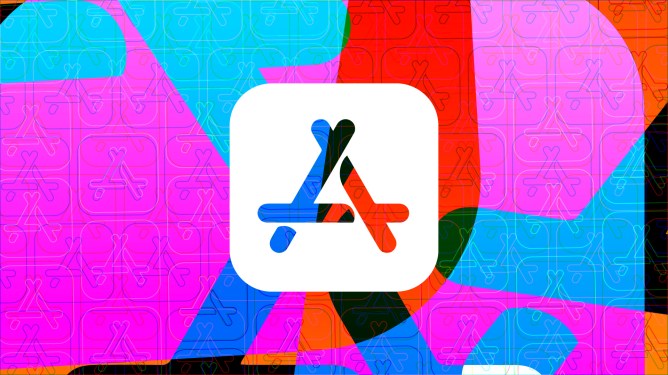
Apple Reveals that the European Union Accounts for Only 7 Percent of Global App Store Revenue
Apple’s App Store Revenue: A 7% Share of Global Revenues
Nearly a week after Apple announced significant changes to the App Store due to the European Union’s Digital Markets Act (DMA) rules, the company has revealed that the market represents 7% of its global App Store revenues.
In an analyst Q&A session, Luca Maestri, Apple’s Chief Financial Officer, stated that the monetary impact of these changes will depend on the choices made by developers to adopt different systems. "A lot will depend on the choices that will be made," he said in reply to an analyst’s question. "Just to keep it in context, the changes applied to the EU market, which represents roughly 7% of our global app store revenue."
Reading the Fine Print: Apple’s DMA Rules
Because of the DMA, Apple has to allow alternative app stores and let developers use third-party payment processors. The company plans to charge a core tech fee if an app crosses a million annual downloads across different app stores.
Amid these changes, Apple noted a record quarter for App Store revenues. The company’s overall services revenue was $23.1 billion with an 11% jump year-on-year. This raises questions about the impact of the DMA rules on Apple’s business model and its future plans for the App Store.
Apple Defends the App Store
Apple continued its narrative of defending the App Store and its commission ecosystem by saying that it provides the best privacy and security. CEO Tim Cook emphasized that the company will fall short of providing the maximum amount to users because of these changes.
"If you think about what we’ve done over the years is, we’ve really majored on privacy, security, and usability," he said. "And we’ve tried our best to get as close to the past in terms of the things that are – that people love about our ecosystem as we can. But we are going to fall short of providing the maximum amount that we could supply, because we need to comply with the regulation."
The Browser Ecosystem
In the EU, Apple also had to open up the browser ecosystem by allowing other browsers to use their own engine instead of WebKit. When users start their iPhones after updating to iOS 17.4, the company will show a splash screen to let them pick a default browser.
This change has sparked controversy among developers and tech companies, who argue that Apple’s plan is not in compliance with the DMA rules. The company seems to be exploring more avenues to increase App Store revenue, including allowing streaming game stores for cloud gaming services to be distributed through the App Store globally.
Industry Reaction
The industry reaction to Apple’s changes has been harsh. Spotify called Apple’s DMA plan "extortion," while Epic Games CEO described it as "malicious compliance" which is full of "junk fees." On Thursday, Meta CEO Mark Zuckerberg joined the choir during the company’s earnings call and said Apple’s DMA rules were "so onerous" that he would be surprised if developers opted in.
Several developers have pointed out that if developers agree to the new conditions, they would have to pay a substantial fee. The Coalition for App Fairness, an industry group with members like Epic Games, Spotify, Tile, Basecamp, and Deezer, called Apple’s changes a "non-compliance" plan.
"The DMA rules are clear," said a spokesperson for the coalition. "Apple must allow alternative app stores and let developers use third-party payment processors. Instead of complying with these rules, Apple is trying to find ways to circumvent them."
The Future of the App Store
As the debate over the DMA rules continues, it remains to be seen how this will affect the future of the App Store. Will developers opt in to the new conditions and pay a substantial fee? Or will they find alternative platforms that offer more favorable terms?
One thing is certain: the App Store is undergoing significant changes, and its impact on the tech industry will be felt for years to come.
Key Takeaways
- The European Union’s Digital Markets Act (DMA) rules require Apple to allow alternative app stores and let developers use third-party payment processors.
- Apple plans to charge a core tech fee if an app crosses a million annual downloads across different app stores.
- The company has noted a record quarter for App Store revenues, with an 11% jump year-on-year in overall services revenue.
- Industry reaction has been harsh, with Spotify and Epic Games calling the plan "extortion" and "malicious compliance."
- Developers are concerned about the substantial fee they will have to pay if they opt in to the new conditions.
What’s Next?
As the debate over the DMA rules continues, it remains to be seen how this will affect the future of the App Store. Will developers opt in to the new conditions and pay a substantial fee? Or will they find alternative platforms that offer more favorable terms?
One thing is certain: the App Store is undergoing significant changes, and its impact on the tech industry will be felt for years to come.
Subscribe to TechCrunch Daily News
Get the latest news and updates on the tech industry delivered straight to your inbox.

